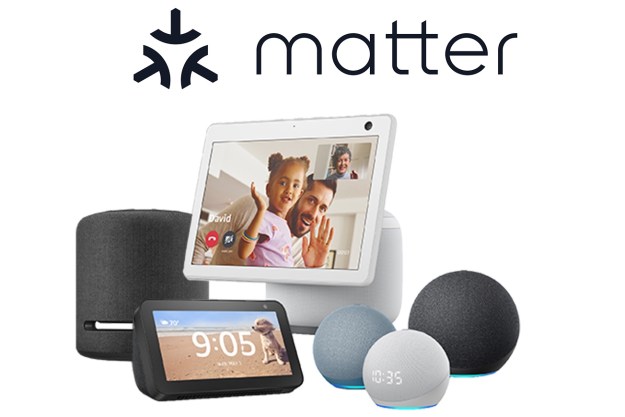Imagine for a moment a scenario where someone enters your yard uninvited. Maybe they jump over a fence, or they sneak in through the back gate. Within a few seconds of entering your property, the intruder hears a sound like the buzzing of a swarm of bees — and a drone descends from the sky to capture them on video and provide you with a live view of everything the intruder does. This is the concept behind Sunflower Labs’ Bee, a fully autonomous drone that automatically responds to vibrations and motion on your property.

The Bee is equipped with ultrasonic collision-avoidance sensors, precision GPS, and a crisp camera that livestreams everything the Bee sees. The Bee automatically deploys from its base station, a device called The Hive. The Hive not only charges the Bee, but acts as the brains for the entire system. It’s built with an inverted cone shape to guarantee the Bee lands properly every time. It also guarantees the charging points are in the proper position to ensure a solid charge.
The sensors are called Sunflowers and contain a suite of motion and vibration sensors that the drone uses to respond to activity. The Sunflowers are able to differentiate between people, animals, and cars and will display a heat map of activity inside the app in real time. In addition to their intended functionality, the Sunflowers also distribute light around them and look like ordinary yard lights. The downside to these sensors is that they require hardwiring, so users will need to run power cables underground across the yard.

The Bee is a residential home security drone. It can land and navigate within the yard with up to 1-foot precision. The Sunflowers and the Hive utilize a threat assessment system to determine whether or not to deploy the drone. Over time, this system learns and improves its response time based on your normal activity. For instance, the Bee would learn not to respond to vibrations inside your home during hours you are normally home.
The Bee has roughly 15 minutes of observation time, but its usual deployment doesn’t last that long. The onboard camera also turns to face the center of your property during flight to protect your neighbor’s privacy.
The Bee is available for pre-order now for a deposit of $999, with the base price of the system starting at $9,995. Final pricing might differ based on levels of customization.
Editors' Recommendations
- Daisy is an installation and repair company designed for your smart home
- Samsung Ballie is a rolling smart home hub with a built-in projector
- Segway expands its smart home footprint with robot lawn mowers at CES 2024
- Home Depot expands its Hubspace smart home lineup at CES 2024
- Adorable smart home robot unveiled at CES 2023 could be a great addition to your family




